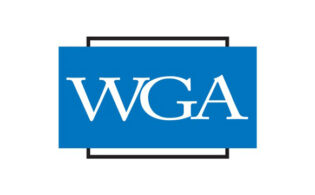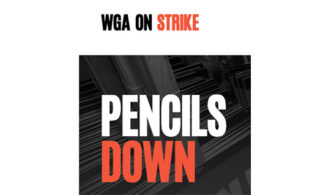TV and movie writers in the U.S. are officially back to work, as the Writers Guild of America (WGA) West board and WGA East council voted to lift the restraining order and end the strike as of today.
The move allows writers to return to work during the ratification process but does not affect the membership’s right to make a final determination on contract approval.
The WGA reached a tentative agreement with the Alliance of Motion Picture and Television Producers on a new three-year Minimum Basic Agreement (MBA). The Negotiating Committee, the WGAW Board and WGAE Council all voted unanimously to recommend the agreement.
It will now go to both guilds’ memberships for a ratification vote. Eligible voters will be able to vote from October 2 to 9 and will receive ballot and ratification materials when the vote opens.
Among the measures outlined in the tentative agreement is regulation for the use of artificial intelligence on MBA-covered projects: AI-generated written material is not considered literary material, source material or assigned material under the MBA. AI is not a writer under the MBA. A writer can elect to use AI when performing writing services if the company consents, provided that the writer follows applicable company policies. The company cannot require writers to use AI software (e.g., ChatGPT) when performing writing services. Also, a company must disclose to the writer if any material given to the writer has been generated by AI or incorporates AI-generated material.
Regarding viewership-based streaming residuals, HBSVOD series and movies that are viewed by 20 percent or more of the service’s domestic subscribers in the first 90 days of release, or the first 90 days of any subsequent exhibition year, get a bonus equal to 50 percent of the fixed domestic and foreign residual. This bonus structure takes effect for projects released on or after January 1, 2024. Companies must agree to provide the Guild, subject to a confidentiality agreement, the total number of hours streamed, both domestically and internationally, of self-produced high-budget streaming programs.
Regarding ad-funded streaming services, high-budget made-for AVOD programs will get the same initial compensation as HBSVOD programs, with 2 percent residual for AVOD reuse.
The estimated value of the deal is $233 million per year.


